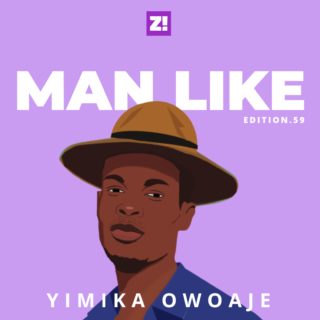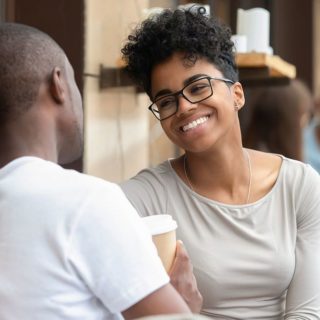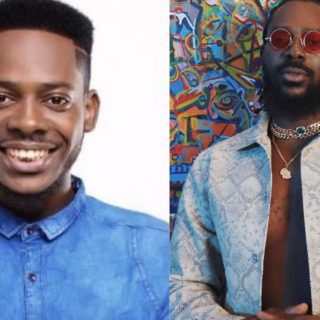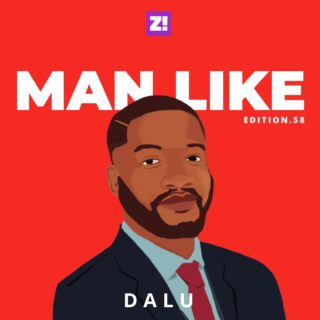What does it mean to be a man? Surely, it’s not one thing. It’s a series of little moments that add up. Man Like is a weekly Zikoko series documenting these moments to see how it adds up. It’s a series for men by men, talking about men’s issues. We try to understand what it means to “be a man” from the perspective of the subject of the week.
Check back every Sunday by 12 pm for new stories in the Man Like series. If you’d like to be featured or you know anyone that would be perfect for this, kindly send an email.
Today’s Man Like is Leo Dasilva, a former Big Brother housemate and an entrepreneur. He talks about having to find his feet by himself in the United Kingdom, coping with grief when he lost both his parents and surviving an abusive relationship.
Was there any defining moment where you realised, “Oh shit, I’m now a man”?
In December 2009, while in university in the UK, I received my last monthly stipend from my dad. I got a call from him shortly after and he said, “I’ve sent your final allowance. From now on, you have to fend for yourself.”
I had to make a decision — become creative or do the easier thing, fraud or sell drugs, which were quite commonplace in the UK. Fortunately, I had a healthy relationship with money. I’d never been greedy nor did I see money as a do-or-die affair, so I wasn’t inclined to get into selling drugs or defrauding people. My mom was also strict and religious, and I guess she passed some of her personal values to me. On the other hand, I knew I had to be creative if I wanted to make enough money to fend for myself. He sort of pushed me into the ocean and I learned how to swim. I was 17.
How did your creative journey begin?
There was a crew who organised Nigerian parties in the town, and I noticed they were lacking in a lot of areas, so I started mine. I started organising Nigerian nightlife parties in Hertfordshire. I guess it also helped that I was quite popular from running a show on the campus radio, so the party was a huge success. I made £5000 pounds from my first party, after investing £1500.
Getting involved in nightlife kind of affected the normalcy of what my life could have been. I met all kinds of people — drug dealers, fraudsters, dangerous characters. You end up running in similar circles, which wasn’t the most ideal for me. Once, I met someone who drugged me and held me hostage for days in her house.
Wow.
Yeah. I’d been talking to her for a while and she’d been inviting me to her place. I gave in eventually and decided to visit her, unknowingly stepping into a trap. That was it for me.
Tell us about your dad?
I didn’t quite grow up with him because my parents weren’t married, but we had a relationship. My dad was Leo Babarinde Dasilva, former Secretary to the Lagos State Government. I didn’t really connect with him because we only met a couple of times a year. But this changed when I was almost in the university, when he retired. We started relating closely until his death in 2015. He always made sure that I knew the son of who I was. He always made me feel like I was a big deal because I was his son, like Mufasa from Lion King. Because of him, I’ve never felt inferior in my life.
How about your mom?
My mom raised me as a single mother. She didn’t really understand the gravity of having a baby when she did. She was still trying to come up in life. Juggling work, side hustle and school wasn’t easy, but she pulled it off. We were very close until her death in 2018. We went through a lot together — from living in a face-me-I-face-you to living in Shitta, Surulere.
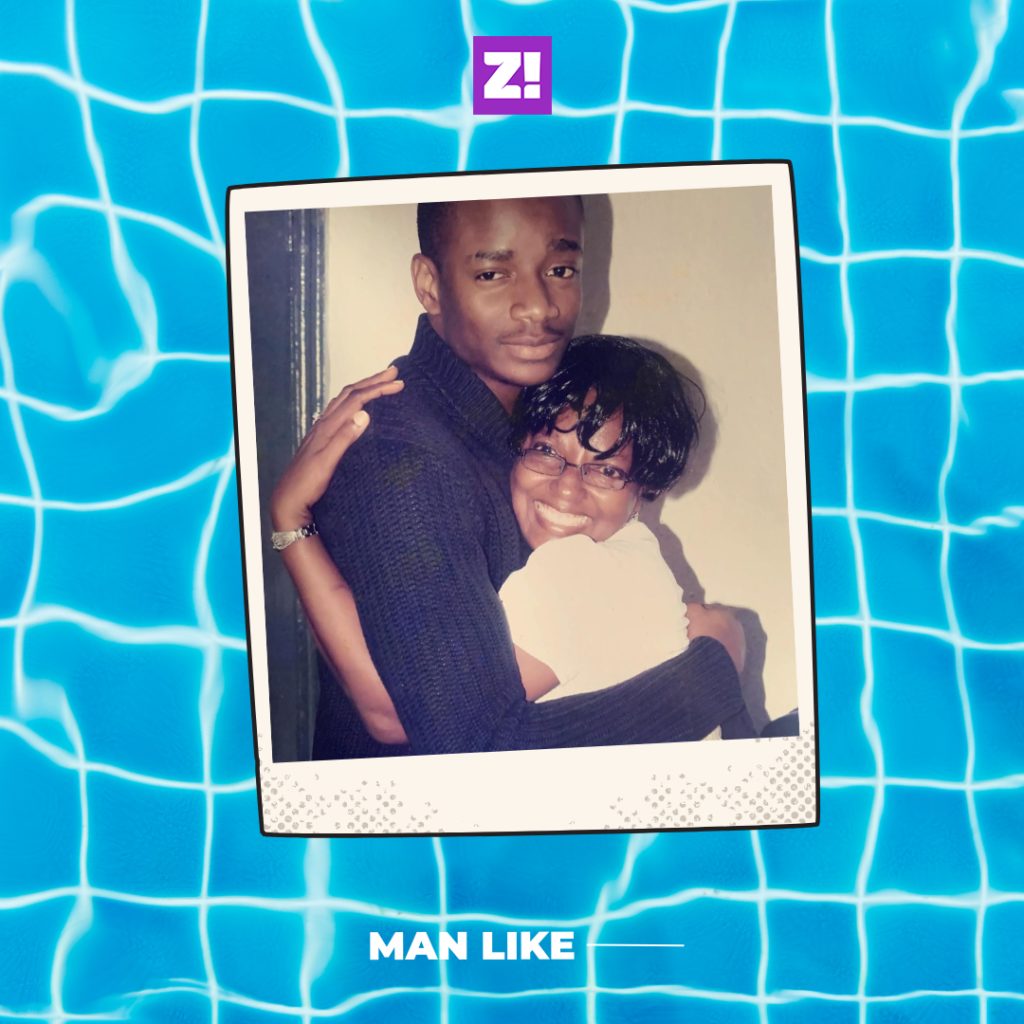
I assumed you had a comfortable life, your father being who he was.
No o. I grew up rough. My dad was only concerned with my education and general welfare. Everything else was on my mom. My dad and mom were in conflict a lot, so he wasn’t involved in our accommodation situation. He wanted me to live with him but my mom was adamant about keeping me. He thought my mom would give up, but she never did.
Do you feel any resentment towards your dad?
Not at all. If I didn’t go through all the things I did, I wouldn’t be who I am today. I have friends who inherited fortunes from their fathers who still haven’t figured their lives out to date.
Do you have any father figures you look up to?
A couple. My relationship with my stepfather is very cordial. Now that I don’t have any parents, I talk to him and get advice from him. Perhaps the most prominent father figure in my life is my godfather, Rev. Tunde Adenekan. I attended the same primary school with his kids. Because my mom was a single mother, he took up a lot of my parenting. He bought me my first phone. He always treated me like one of his own, not as a friend of his children. Just last weekend, we travelled together for owambe. We maintain a very tight relationship.
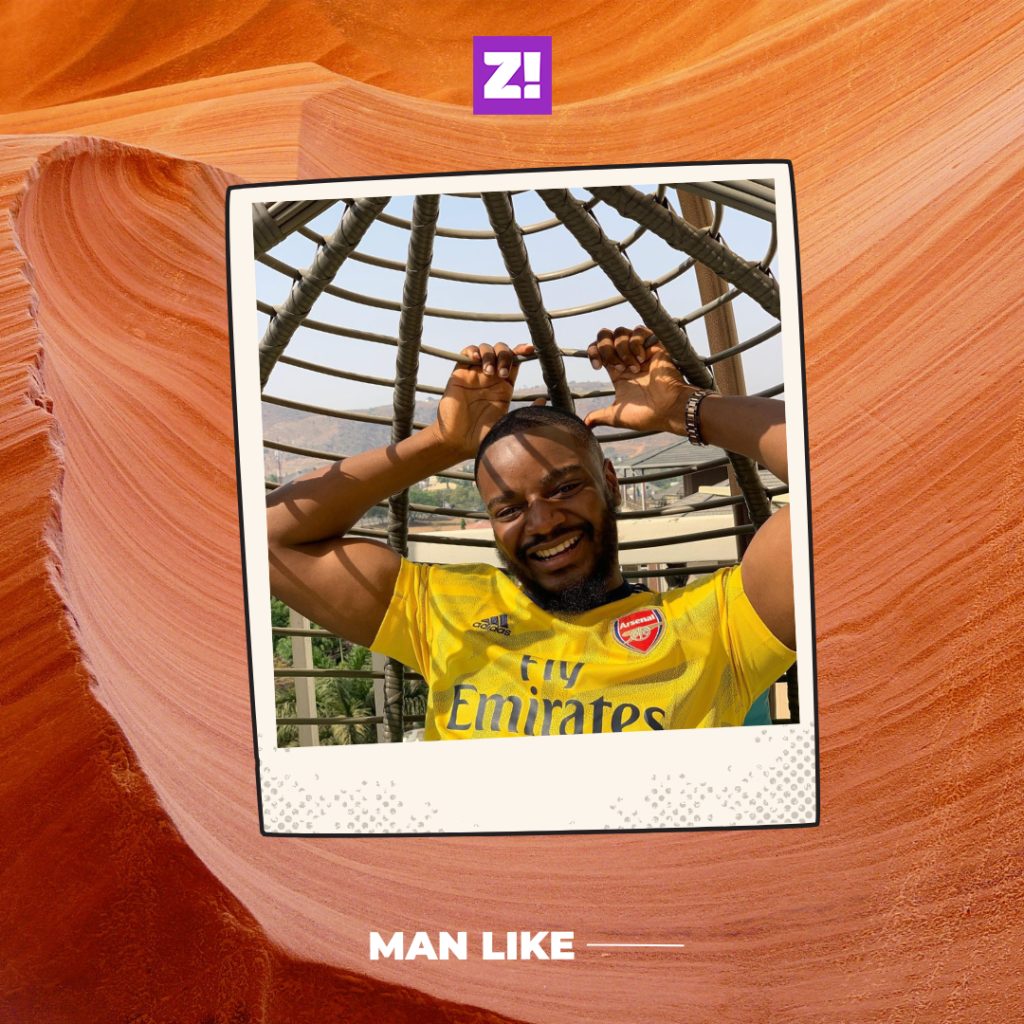
What’s the most important lesson you’ve learnt from him?
He’s always taught me not to take life too seriously. He’s a very chilled guy. He believes there’s always a solution to everything and there’s little reason to fret. One time, when I asked him why he was applying perfume after his night bath, he’d joke that he might die in the night and he didn’t want to be smelling when his body was being carried out of the house. He’s that kind of guy.
He’s also taught me to be kind. It doesn’t matter if I’ve just met you; if I have the capacity to help you out, I’ll do so. I learnt that from him.
So he’s your role model?
No, my role model was my mom. She was very enterprising. She was never comfortable with one source of income. She had a cleaning company, produced soap, had a catering business, produced plantain chips — she was a true jack-of-all-trades. She was the person I looked up to, my inspiration.
Let’s talk about relationships. What kind of person are you in relationships?
When I’m with someone I love, I give them all of myself. I’m also a lot more patient with my partners, more patient than I am in my friendships. This means I can be blind to my partner’s shortcomings and tolerate things I might not tolerate from my friends. In my relationships, I’m not the same Leo Dasilva everyone knows. This doesn’t mean I forget who I am or what I deserve.
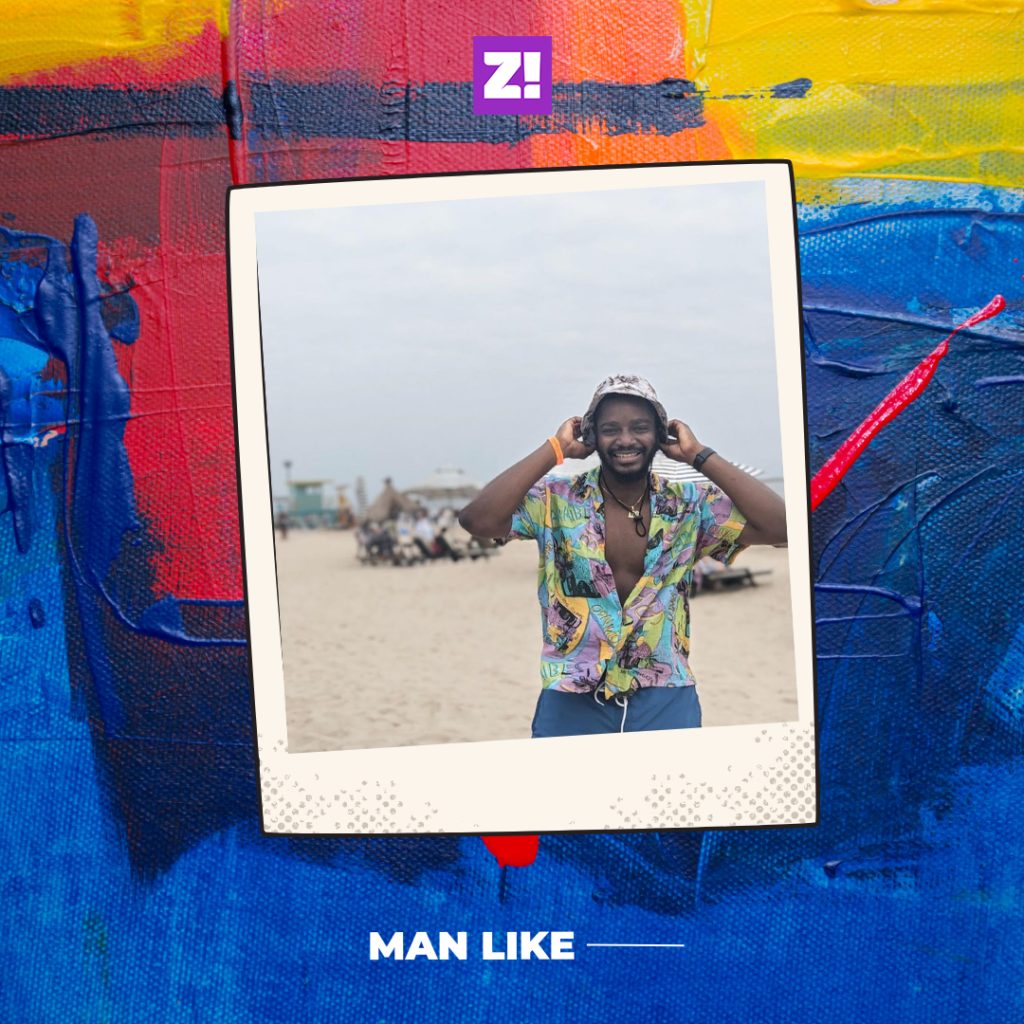
Have you ever regretted being this way in your relationships?
Sometime back, I was in a verbally and physically abusive relationship, but I was too young to realise it. I thought what I was going through was normal. One time, while we were on a trip to Spain, she slapped me. Sometime after, she stabbed my shoulder.
Wow.
I still didn’t leave the relationship. I’m wiser now and more aware of the signs of abuse. If I’m in an abusive relationship, I’m going to leave.
Tell us about your first heartbreak.
It was when I found out that my crush had feelings for my best friend. I was in JSS 1.
Did you cry?
Cry ke? No o. I hardly cry.
When was the last time you cried?
JSS 1, when I was flogged by my PHE teacher.
You didn’t cry when you lost your parents?
When my dad died, It didn’t hit hard because my mom was always enough. I consoled myself with the fact that he had achieved a lot in his life. The only thing I was sad about was that he didn’t see me have kids, which was something he really wanted.
It was my mom I felt had died too early. She was my best friend, and we didn’t have secrets. We talked about our dreams and aspirations. We were just planning her retirement and talking about all the things she’d do. She died a week after I left the Big Brother House. I was depressed, but I knew there was no time to grieve. I needed to make money — I have a younger brother and I want to provide a great life for him. It took me a year to deal with it and accept that she was gone. It really hurt because it happened at a time when I was beginning to achieve things. Not being able to share my big moments with her was devastating. I even lost weight. January 2019 was when I decided to move on with my life.
What’s your biggest fear?
My biggest fear was losing my mom. I thought that would be the worst thing that could happen. Now that that has happened, I don’t really care. I’m not even scared of dying because I’ll leave a good legacy.
Check back every Sunday by 12 pm for new stories in the Man Like series. If you’d like to be featured or you know anyone that would be perfect for this, kindly send an email.
Are you a man who would like to be interviewed for a Zikoko article? Fill this form and we’ll be in your inbox quicker than you can say “Man Dem.”

